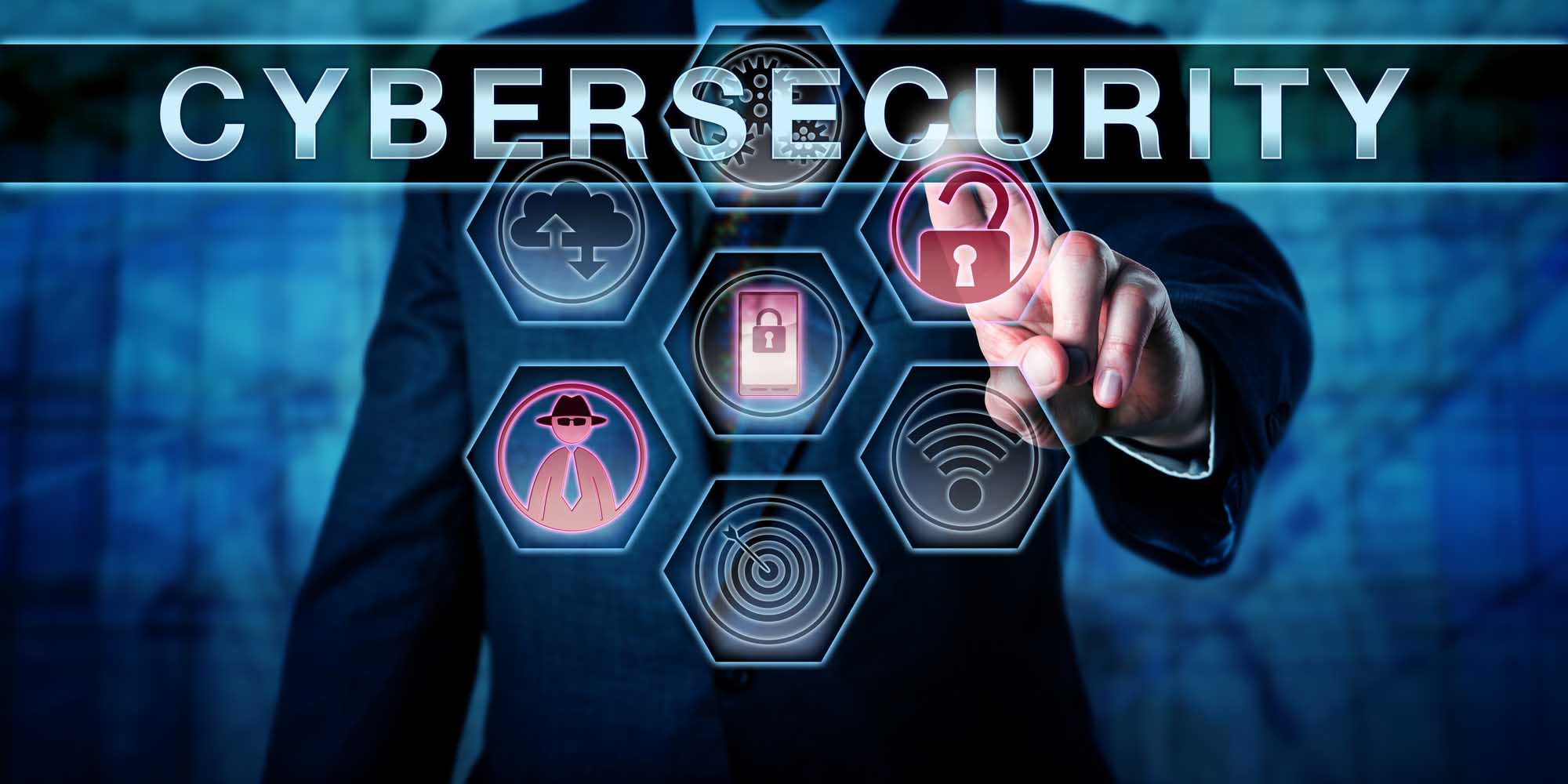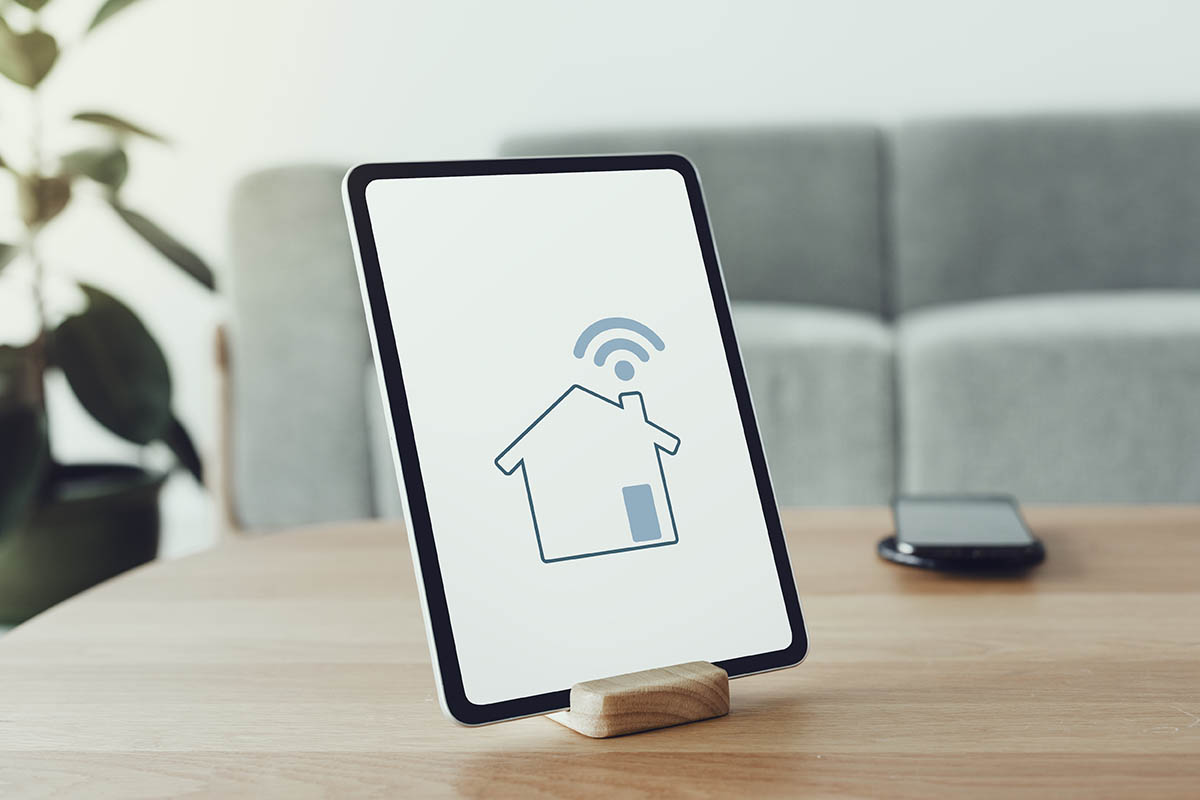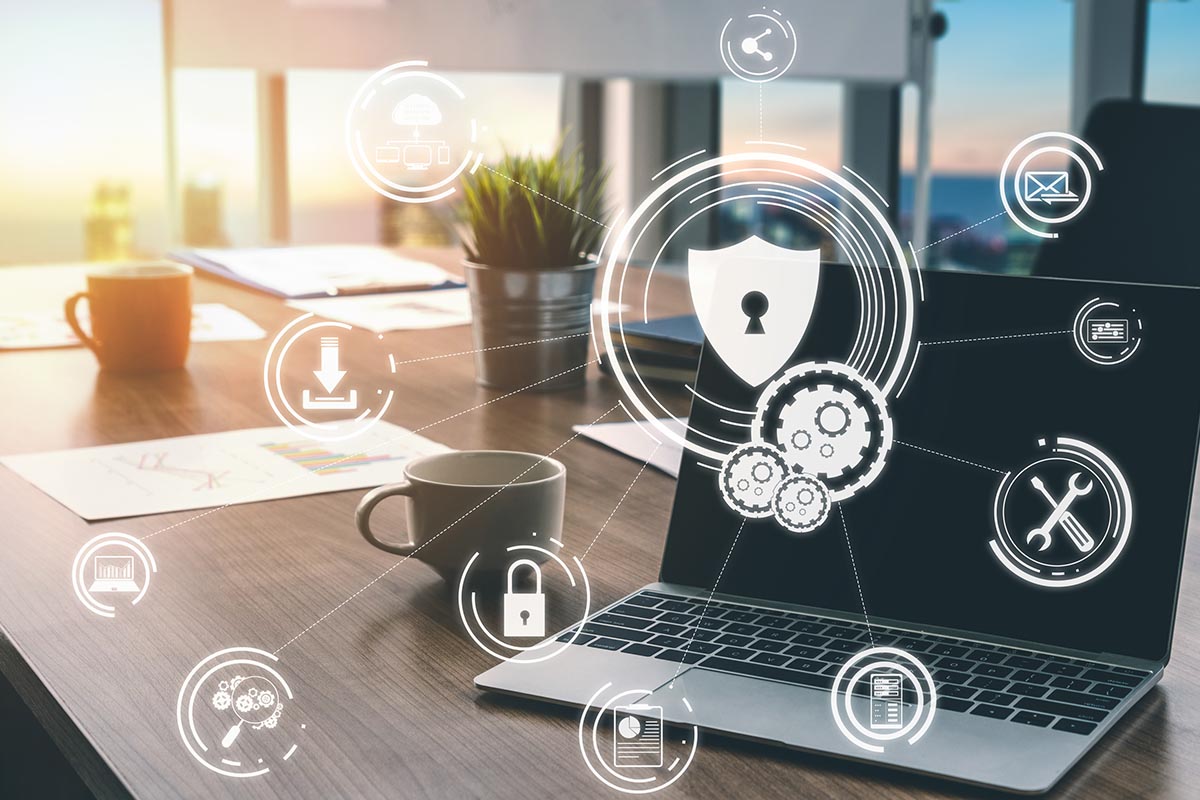The Importance of Cybersecurity in Today’s Digital World
Cybersecurity experts believe that online cybercrimes will create over $2 trillion in damages for companies before the close of 2024.
Cybersecurity criminals are also expected to hijack over 30 billion private records and other sensitive data by 2024.
Businesses today rely on systems that can manage confidential customer data.
Company leaders need to understand the importance of cybersecurity in protecting this data from theft or loss.
Focus on companies that aim to break down cybersecurity in a way that makes it easier to understand instead of relying on complicated jargon and descriptions that confuse your staff instead of teaching them.
Once the training is out of the way, you can be confident that you are putting your best foot forward – protecting your staff, customers, and your company from cyber attacks or data breaches.
You may even wish to invest in outside services to add another layer of protection for your business – the managed detection and response benefits are worth looking into, for example, as they can help minimize the likelihood or impact of successful attacks on organizations.
What is Cybersecurity?
Cybersecurity refers to protecting your company’s online networks, hand-held devices, or desktop computers from cyber attacks.
These cyber-attacks try to access or damage your company’s historical files or sensitive information.
Cyber threats are an everyday threat to company owners, employees, and clients. Some threats might even attempt to demand money from you or your employees.
One threat to confidential data could shut down all of your business operations completely.
Types of Cybersecurity Attacks
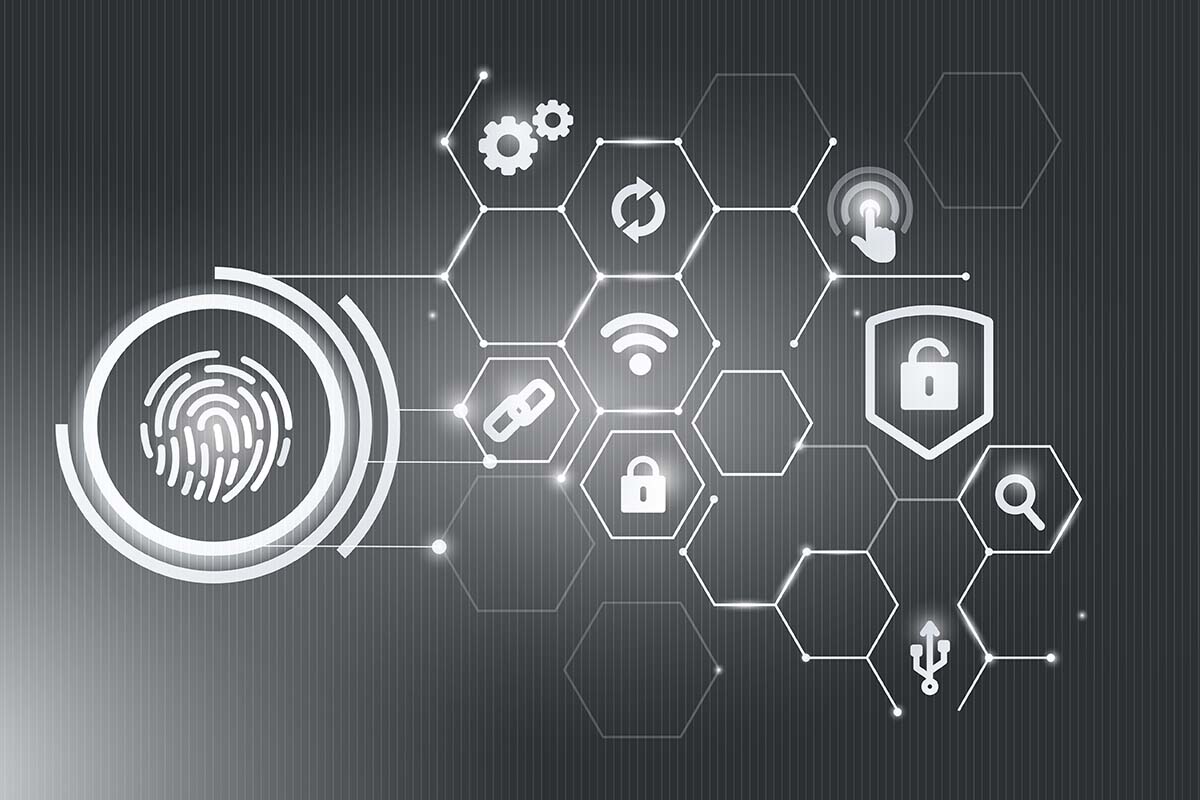
Cybersecurity vandals are experts at releasing new cyber threats every day.
Yet, there tend to be similar traits between these methods for attacking a company’s network security.
Types of cybersecurity attack variations include some of the following:
Phishing
Phishing is an example of a cyber attack where data is stolen from other online users.
The data stolen includes credit card numbers or other login password credentials.
Cybersecurity vandals masquerade themselves as trusted entities. They persuade victims to open their text messaging or emails.
This messaging will often persuade the victim to click on a link or open an attachment containing malicious codes. Once the user downloads or opens the code, malware penetrates the victim’s computer.
Ransomware
Ransomware will restrict access and infect network systems. Access won’t be released unless the user pays a fee or “ransom” amount.
The user gets instructions on how to remit the ransom fee.
They receive a decryption code that unlocks their system. Ransomware fees will sometimes range between hundreds and thousands of dollars.
Denial-of-service (DoS) Attacks
Denial-of-service attacks (DoS) invade a company’s network so that they can’t respond to their customer’s requests.
DoS threats are a different type of threat than those that gain illegal access to confidential data.
Its true purpose is to block another company from providing services to its clientele.
DoS attacks will also facilitate other kinds of network damage.
The DoS ultimately shuts operating systems down and takes them offline. Once a system is down, hackers can then try to launch another cyber attack.
Drive-by Downloads
A drive-by download will install malicious viruses on an operating system without permission.
This attack generally happens when there isn’t any online security installed.
A drive-by-download can also take place if a company uses an outdated operating system.
Drive-by downloads penetrate network security firewalls and attack your system firewall with fragments of code that usually go unseen.
Drive-by downloads will also connect to other systems. These viruses introduce the code they need to access other systems.
What’s the Importance of Cybersecurity?

Why is cybersecurity important? Cybersecurity will help both big and small companies protect their data set assets.
If these companies don’t regularly safeguard these sets, they’re subject to regulatory penalties and fines.
These data sets include:
- Availability
This refers to whether a company can keep its services available to clients when they need to have them. “Availability” also relates to lost or destroyed data.
- Reliability
Keeping “reliable” data means maintaining its accuracy. You can gauge your data’s reliability if your customers respond to the data in the same ways.
- Confidentiality
“Confidentiality” refers to your efforts to restrict data access to only authorized employees. Certain permitted employees should have this access to guarantee the customer’s sensitive information won’t be stolen.
Cybersecurity Helpful Tips
If you’re ready to bring your business to a maximum level of protection, try these safety tips.
Make sure your company is as safe as it can be.
Train Your Teams on Cybersecurity Fundamentals
As bad as it can be to lose data to those who might misuse it, the danger of losing data at all, even if no one else gets their hands on it, can be too much for some businesses to take.
Many businesses rely on data to provide their services and carry out internal processes, and having it disappear can be disastrous.
Having backups at the ready and services like hard drive recovery that can help you restore the data you lost can be vital. Otherwise, you might have to start building your data reserves from scratch.
Educate your teams on cybersecurity attacks that threaten businesses today.
After all, the vast majority of cybersecurity breaches are caused by human error instead of technological errors.
This means that the smallest of mistakes could have catastrophic consequences for your business.
As a result, you must talk openly and honestly about cybersecurity and provide your employees with the appropriate training before they start dealing with sensitive information or important data.
You should advise them on the role they play in protecting your business’s sensitive data records. Use these educational opportunities to share more about the cybersecurity myths out there.
Another way you could help them to grips with cybersecurity is by ensuring they partake in cyber security training with an external company instead of training them in-house.
This means that they’ll learn from industry experts whose knowledge can cover more topics in better detail.
Focus on companies that aim to break down cybersecurity in a way that makes it easier to understand instead of relying on complicated jargon and descriptions that confuse your staff instead of teaching them.
Once the training is out of the way, you can be confident that you are putting your best foot forward – protecting your staff, customers, and your company from cyber attacks or data breaches.
There are many training resources available that can provide you with examples of online communication rules and practices.
One of these resources is the National Initiative for Cyber Security Careers and Studies (NICCS.)
NICCS is housed within the Department of Homeland Security.
Passwords and Other Authentications
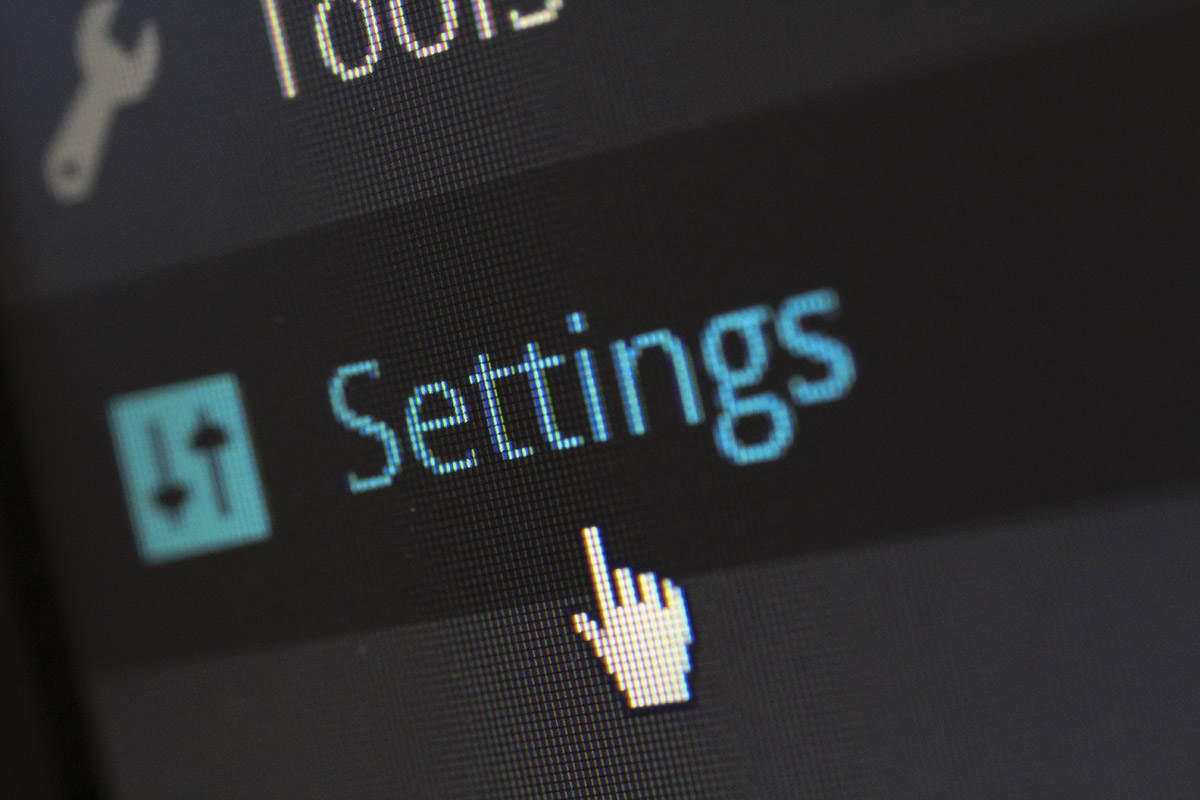
Make sure you and your employees have their own strong passwords.
Update these passwords every two to three months. You should also have a multi-factor authentication system that needs additional log-in information as well as a password.
Install Current Software on all Networks and Devices
Use updated versions of security software on all of your company’s online browsers. Current software versions can help safeguard your data from viruses or malware.
Mobile Device Procedures
Ensure that any mobile devices (i.e., laptops, tablets, phones) also contain anti-virus software.
Anti-virus software safeguards sensitive data when you need to use it in a public network.
Personal devices should also have individual password-protection as well.
Cybersecurity Resources
Many organizations will provide cybersecurity resource information free of charge.
For example, the Federal Communications Commission (FCC) offers this Cybersecurity Planning Guide resource.
The Cybersecurity Planning Guide also contains templates that both large and small companies can use to create a cybersecurity plan.
Next Steps
Download the FCC’s planning guide and templates to get you started on the road to writing your cybersecurity long-term plan.
With a cybersecurity plan in place, you will be able to meet regulatory requirements for providing available and reliable mobile devices used have updated security software installed—schedule time on your calendar to change your passwords and multi-login questions every three months.
Don’t forget to check our website for more information on the importance of cybersecurity.
Cybersecurity is an important reality for companies that use a digital environment. Put these steps into motion today, so you don’t become the next cyberattack victim.
